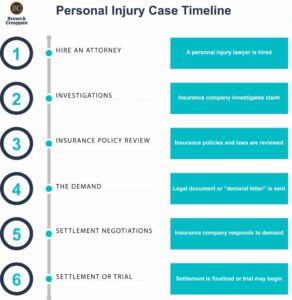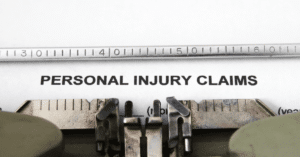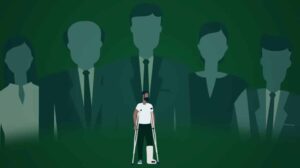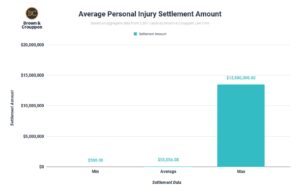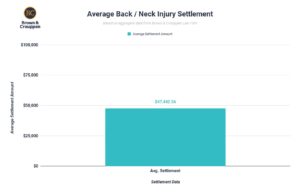What Is The First Amendment?
The First Amendment provides many protections, but the extent of those protections are often misunderstood.
The First Amendment of the United States Constitution states, “Congress shall make no law respecting an establishment of religion or prohibiting the free exercise thereof; or abridging the freedom of speech, or of the press; or the right of the people peaceably to assemble, and to petition the government for a redress of grievances.”
The First Amendment prohibits Congress from making any laws that establish a national religion, or impinge on the free exercise of religion, the freedom of speech, the freedom of the press, the right to peaceably assemble, or from prohibiting citizens from petitioning for a governmental redress of grievances.
Question 1: Why Am I Required To Serve?
In the Declaration of Independence, Thomas Jefferson cited the fact that citizens of the 13 Colonies had been deprived of the benefits of Trial by Jury as one of the injustices perpetrated by King George. The right to Trial by Jury is fundamental to our continued success as a democratic nation. It ensures that citizens have the same rights as large corporations, insurance companies and equal access to the courts. Imagine for just one moment, being put on trial without a jury.
How Has The First Amendment Evolved And Who Decides?
The Supreme Court interprets to what extent the First Amendment affords protection to these rights. While explicitly only naming Congress, the First Amendment has been interpreted to apply to all the federal government and by extension of the Fourteenth Amendment, to state governments.
What Are My First Amendment Rights At Demonstrations?
Again, the First Amendment protects the right to peaceful assembly and protest but, the key word in that statement is ‘peaceful.’ First Amendment protections do not extend to rioting and acts of violence.
Can A Private Company Limit My Speech?
The First Amendment prohibits the federal and state government from infringing on those protected rights. Those prohibitions and protections do not extend to a privately owned company such as Facebook or Target. For example, one cannot walk into a Target and curse, claiming freedom under the First Amendment. Because Target is privately owned, Target has the right to establish its own rules including the right not to serve or sell to someone who violates those rules.
Contrast this with exercising that same speech at an organized government protest. The government cannot stop you from saying that same curse word or remove you from a protest for doing so.
For further example, if you violate the terms of a company’s social media rules and are removed from their platform, that company has not violated your First Amendment rights. It is within its rights to establish its own rules of use. Contrast that with if the government tried to remove a person from social media or delete a social media post because of the contents of a post. That intrusion by the government would be a violation of the First Amendment.
Another misconception is that if a company is publicly traded on the stock market, it is a public company. It simply means that it must comply with federal and state rules to open types of investing into its company, it does not change the fact the company is privately owned. For example, a person who owns a bar does not become an extension of the state government by applying for a liquor license.
Are There Any Limits On What Private Companies Can Do?
Yes, federal and state governments have enacted many laws deeming several types of discrimination illegal, such as discrimination based on race or gender. However, those protections have not been extended to the limitation of political speech on one side or the other.
So, What Is The First Amendment Takeaway?
It goes back to the advice I give my children, while one may have the right to say (or nowadays, post on social media) whatever one wants, that does not mean there will not be consequences to that action later.
Those consequences can include removal from a private business, social media, or employment actions. Just be aware that nothing can be deleted anymore.
As an aside, pets and kids, and pictures of them, are almost always free from criticism.

